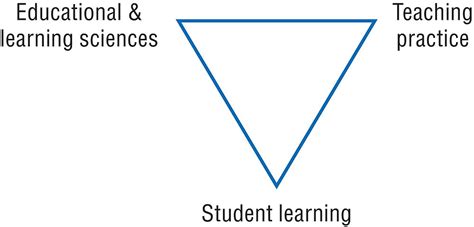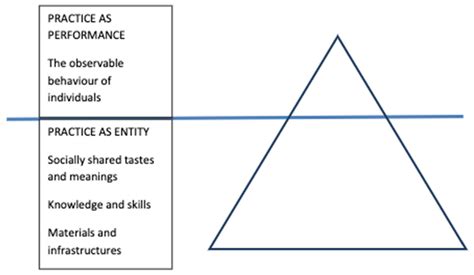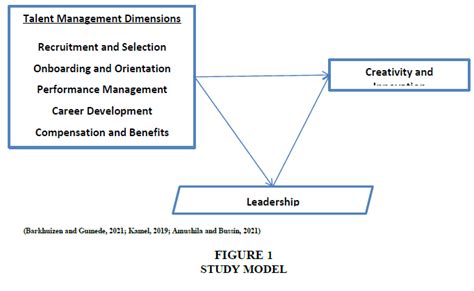Patience is a cornerstone of effective parenting, yet it’s often one of the most challenging virtues to maintain. In a world filled with constant demands and distractions, mastering patience can feel like an uphill battle. However, developing this essential skill is crucial not only for fostering a calm and supportive home environment but also for nurturing a growth mindset in your children. This article will explore the vital role patience plays in parenting, the deep connection between patience and a growth mindset, and offer practical strategies to help you cultivate this trait. By embracing patience, you can better navigate difficult situations and guide your children toward resilienc
Join domgiz.com for a detailed examination of this topic.
1. Understanding Patience and Its Role in Parenting
Patience is more than just the ability to wait calmly; it’s a fundamental parenting skill that influences the entire dynamic of your family. At its core, patience involves maintaining a composed and understanding attitude, even when faced with challenges or frustrations. In the context of parenting, patience allows you to respond thoughtfully rather than react impulsively to your child’s behavior. This helps create a stable environment where children feel secure and understood.
When parents demonstrate patience, they model important life skills such as emotional regulation and perseverance, which children naturally begin to emulate. Patience also fosters open communication and trust between parents and children, encouraging kids to express themselves without fear of harsh reactions. Understanding the role of patience in parenting is crucial because it lays the groundwork for a positive, growth-oriented relationship. By embodying patience, parents can better guide their children through life’s ups and downs, helping them develop resilience, empathy, and self-discipline.

2. The Connection Between Patience and a Growth Mindset
Patience and a growth mindset are deeply interconnected, especially in the context of parenting. A growth mindset, the belief that abilities and intelligence can be developed through dedication and hard work, thrives in an environment where patience is practiced. When parents demonstrate patience, they provide their children with the time and space needed to learn, make mistakes, and grow. This non-judgmental approach encourages children to embrace challenges and persist in the face of setbacks, key components of a growth mindset.
By being patient, parents show their children that progress is more important than perfection. This attitude helps children understand that their efforts are valued, even when immediate results are not visible. It also reduces the pressure to succeed at every attempt, allowing children to take risks and explore new ideas without fear of failure. As children see their parents patiently guiding them through difficulties, they learn to approach their own challenges with resilience and optimism. In this way, patience not only supports a growth mindset but also strengthens the child’s belief in their ability to improve and succeed over time.

3. Practical Strategies to Develop Patience as a Parent
Developing patience as a parent is a journey that requires intentional strategies and self-awareness. One practical approach is to practice mindfulness, which helps you stay present in the moment and respond calmly rather than react impulsively. Taking deep breaths or pausing before responding to a frustrating situation can help you regain composure and think clearly about your next steps.
Another effective strategy is to set realistic expectations for both yourself and your child. Understand that learning and growth take time, and mistakes are a natural part of the process. By adjusting your expectations, you can reduce the likelihood of becoming frustrated when things don’t go as planned.
It’s also helpful to identify your triggers—those situations or behaviors that test your patience the most. Once you know what these are, you can develop specific coping mechanisms, such as taking a brief time-out for yourself or redirecting your focus.
Finally, practicing empathy by putting yourself in your child’s shoes can transform your perspective. Understanding their feelings and challenges can make it easier to respond with kindness and patience, ultimately fostering a more supportive and nurturing environment.

4. Activities and Practices to Foster a Growth Mindset in Children
Fostering a growth mindset in children involves engaging them in activities and practices that emphasize effort, learning, and resilience. One effective approach is to encourage problem-solving tasks that challenge your child’s abilities. Games, puzzles, or even everyday situations that require creative thinking can help them learn to embrace challenges and persist through difficulties.
Another valuable practice is to praise effort rather than results. When your child works hard on a project or task, acknowledge their dedication and the strategies they used, regardless of the outcome. This reinforces the idea that effort and learning are more important than immediate success.
Incorporating reflective discussions can also support a growth mindset. After completing a task, talk with your child about what they learned, what they found challenging, and how they can apply this knowledge in the future. This helps them view setbacks as opportunities for growth.
Additionally, modeling a growth mindset yourself—by showing how you handle challenges and learn from mistakes—sets a powerful e
5. Overcoming Challenges: Patience in Difficult Situations
Difficult situations are inevitable in parenting, but maintaining patience during these times is crucial for effective problem-solving and relationship-building. One of the first steps in overcoming challenges with patience is to acknowledge and accept the difficulty of the moment. Recognizing that it’s okay to feel frustrated or overwhelmed allows you to approach the situation with a clearer mind.
When faced with a challenging scenario, try to focus on the bigger picture rather than getting caught up in immediate frustrations. Remind yourself of the long-term goals you have for your child’s development and how your response in this moment can impact their growth. This perspective can help you maintain patience and stay committed to positive outcomes.
Another key strategy is to use positive self-talk to manage your emotions. Reassure yourself that you can handle the situation and that patience will lead to better results. Sometimes, taking a brief pause to collect your thoughts or stepping away from the situation temporarily can prevent impulsive reactions.
Involving your child in finding solutions can also be beneficial. When children are part of the problem-solving process, they feel empowered and more responsible for their actions, which can reduce tension and foster cooperation. Ultimately, practicing patience in difficult situations strengthens your ability to guide your child through challenges while reinforcing a calm and supportive family environment.
Patience is an essential skill in parenting that fosters a nurturing and growth-oriented environment for children. By understanding the deep connection between patience and a growth mindset, parents can create a space where children feel encouraged to learn, grow, and overcome challenges. Practical strategies, such as mindfulness and empathy, help develop patience, while engaging in activities that promote resilience further strengthens a child’s mindset. Embracing patience in difficult situations not only benefits your child’s development but also enhances the overall harmony within your family.
domgiz.com

